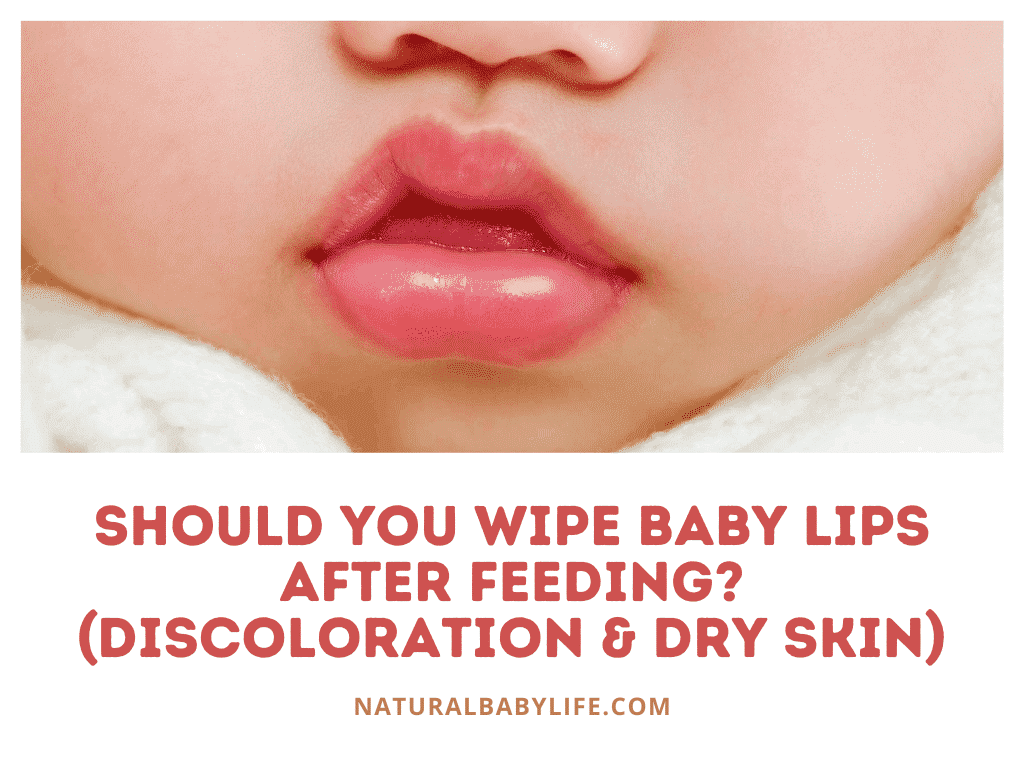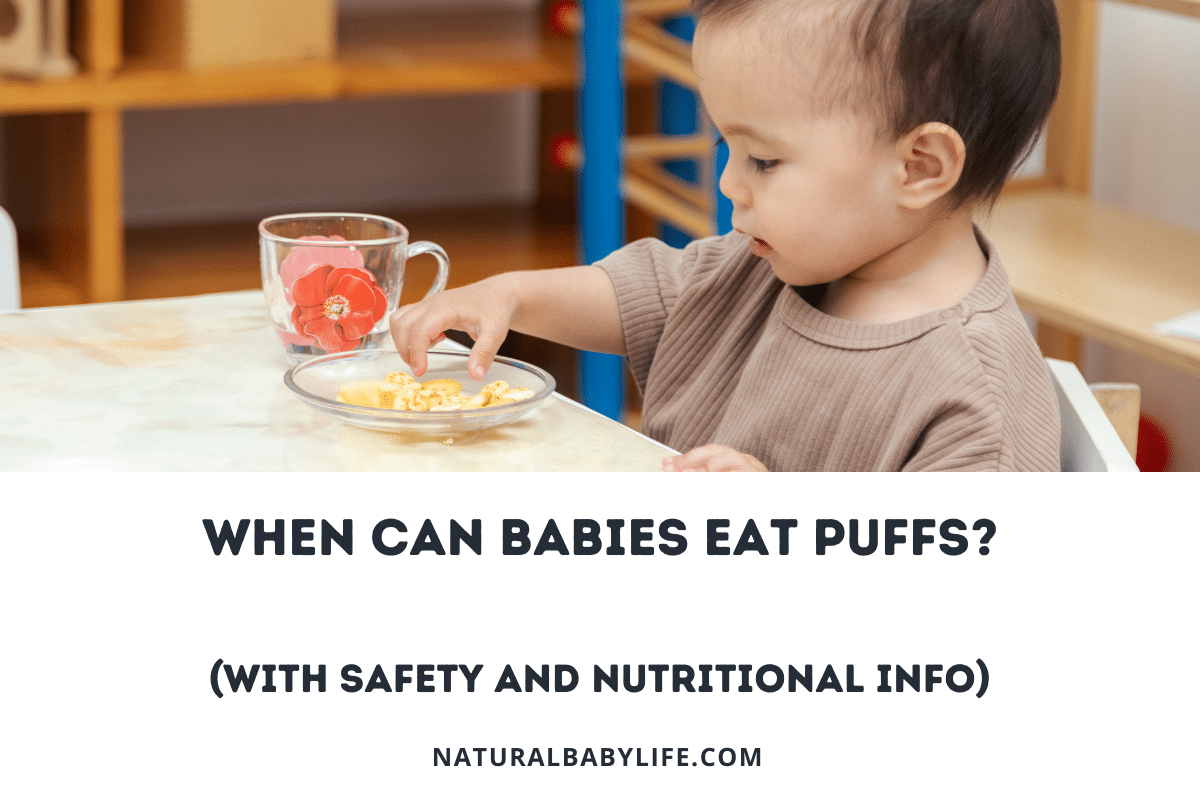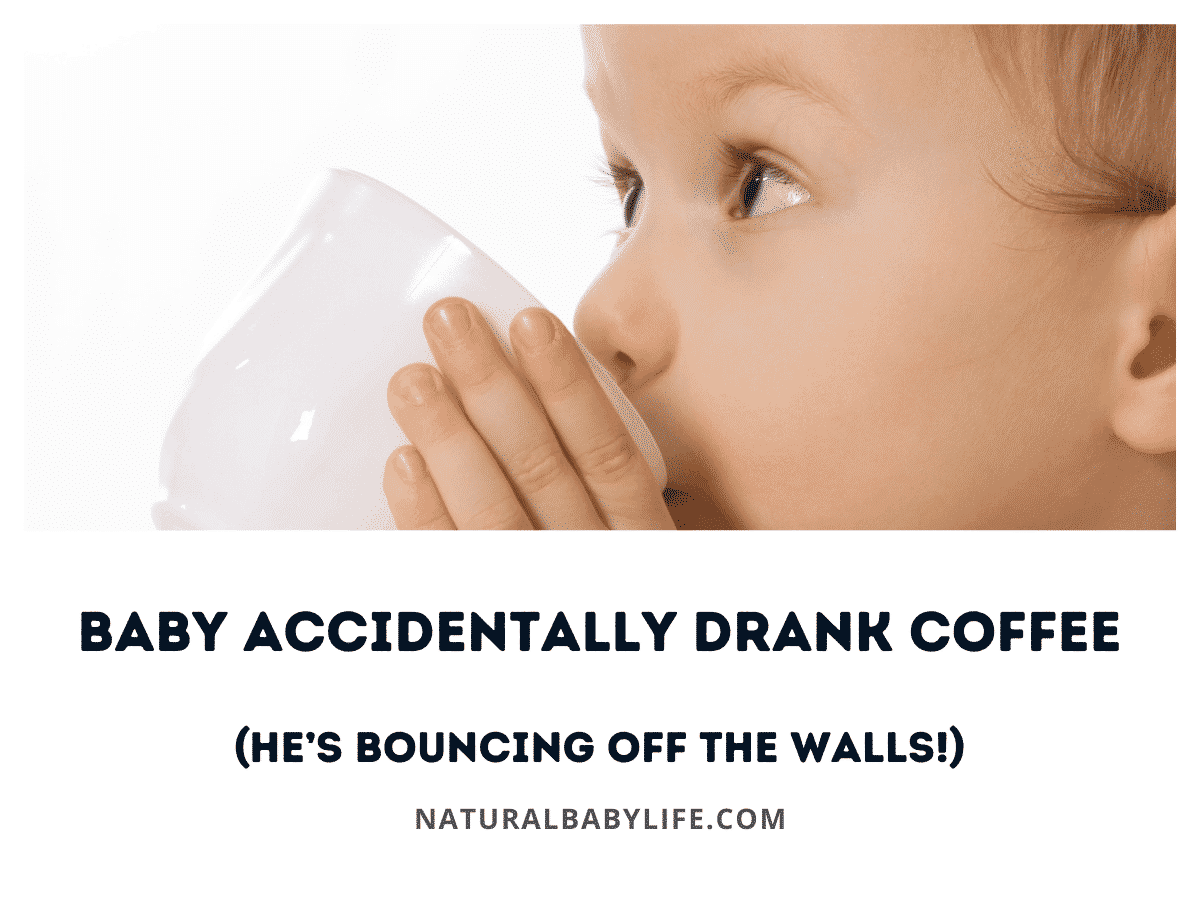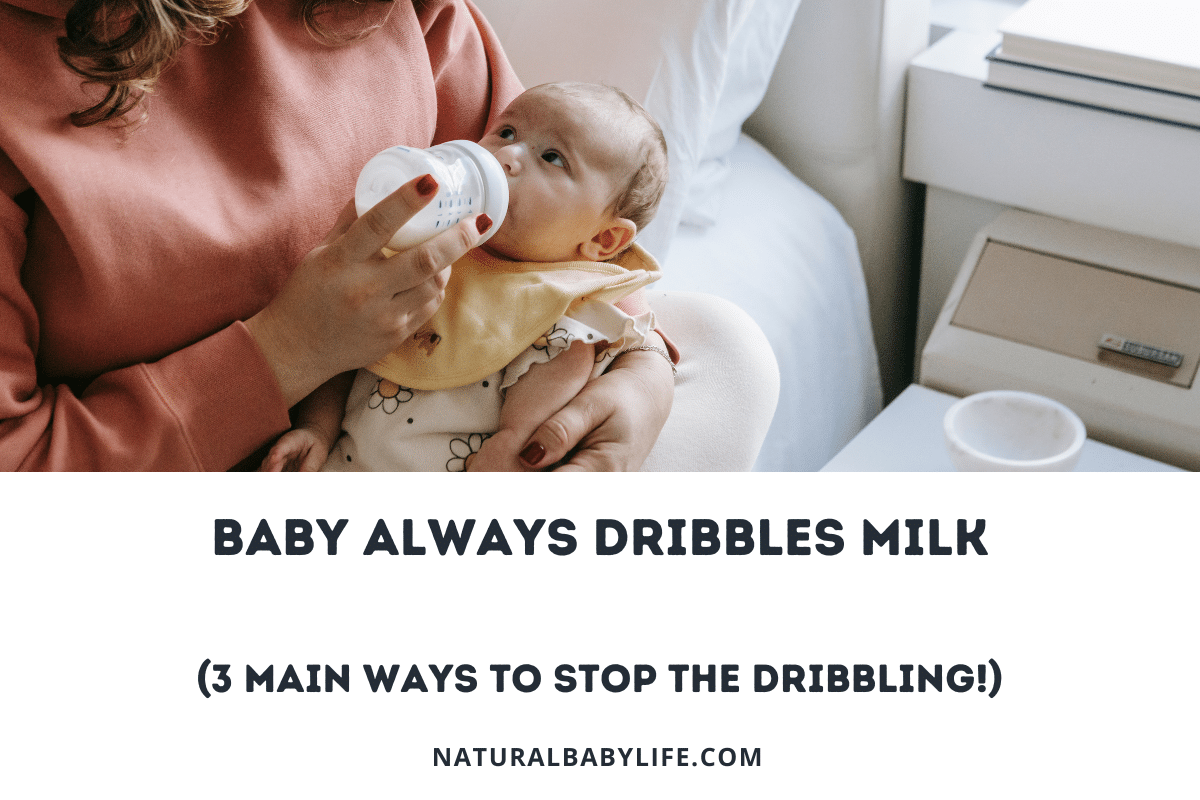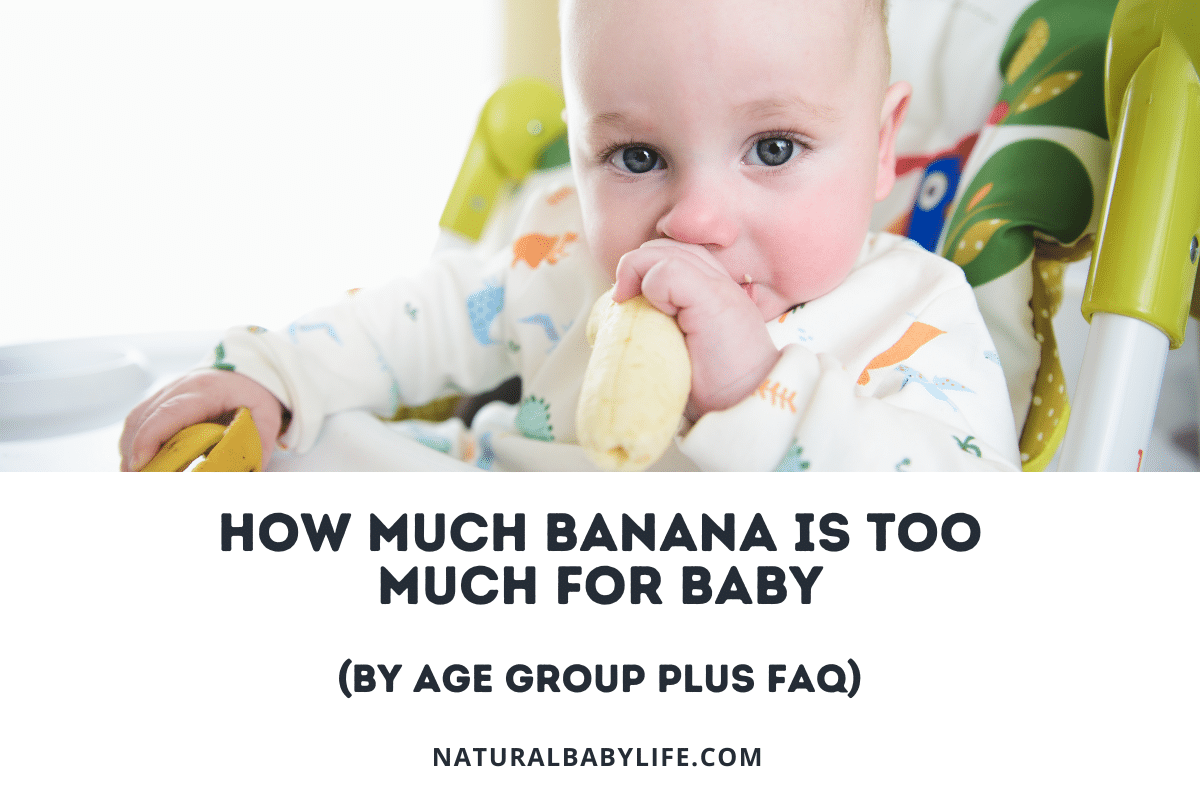Your baby’s lips can tell a lot about their health. Are they chapped? Are they discolored? There are several reasons why you may have noticed your baby has blue, black, overly pink, or dry. Did you know that it could be due to leftover over food on their mouths?
Should you wipe your baby’s lips after feeding? Breastmilk is generally considered to be healthy for a baby’s skin and should cause no issues when left on their lips. However, it is possible for milk residue to cause discoloration (darkening) of a baby’s lips over time and using a soft cloth to wipe after feedings should prevent it.
If you want to learn the reasons why your baby’s lips may change colors, keep reading for some helpful information.
Table of Contents
Why do Baby Lips Change Color?
If your baby has discolored lips, it could be from food or something more serious. Here are a few reasons why your baby would have discolored lips:
- Black lips: Black lips are common in babies that don’t get their mouth wiped after breastfeeding. It happens because the milk builds up on their inner or outer lip, leading to discoloration over time as the milk spoils and breaks down.
- Cyanosis (blue or purple lips): could indicate a lack of oxygen and is a potentially serious issue the lips stay this color and your baby seems to become less responsive. This effect can also present in the legs. . However, if it only happens when there is a rapid temperature change, it just means your baby is adjusting to the temperature and it’s pretty common to see a baby’s lips change color in this way after getting out of the bath or when going outside into colder temperatures.
- Very Red: While red lips may be normal, especially if your baby is outside in higher temperatures, dry or cracked lips that appear red and swollen could be a sign of chapped lips, which may be painful for your baby.
Why do Baby Lips Turn Black?
Black lips on a baby aren’t always a cause for concern. This could simply be because the baby may be sucking too hard while breastfeeding, bottle-feeding, or sucking on a pacifier. It is more common in babies with darker skin complexions, but babies with lighter complexions may get it as well.
Another possible reason for a blackish tint on your baby’s lips is due to leftover milk. The milk may attach to the lips and leave a black mark as the residue builds up over time. You can wipe your baby’s lips after feeding to get the excess milk off. You can use a damp cloth for this.
Are Black Lips Common?
Absolutely!
As previously mentioned, black lips, especially black inner lips, are simply due to sucking too hard or too much. It will go away and should not stick around. The same goes for the black marks that form from milk being left on the lips. The black marks shouldn’t stick around as long as you are wiping their lips off after each feeding.
Additionally, make sure the marks aren’t being left from nipple cream, such as lanolin. If you are using it, then gentry try to wipe it off before each feeding. We know it may be painful, but it could be the cause behind the black residue on their lips as the thick ointment collects dirt and milk residue.
How Do You Clean Babys Lips After Feeding?
Keeping your baby’s mouth cleaned is a practice of good hygiene, not only for their lips but for their gums as well. There is a great method for cleaning your baby’s mouth that will not only keep the black lines away but will also prepare them for brushing when they are old enough, check it out:
Step 1: Wash your hands
Step 2: Prepare gauze, cotton, or cloth, and a glass of water
Step 3: Wrap it around your finger and dip it in water
Step 4: Gently wipe your baby’s upper and lower gum pad one time
Step 5: Gently wipe their lips
It is not necessary to wipe their gums after each feeding, just their lips. You should however wipe their gums after the last feeding of the night so there is no milk residue sitting on their gums overnight.
Why do Baby Lips Turn Blue?
Don’t be alarmed. There are many reasons why your baby’s lips could be blue. As previously noted, it could simply be due to a rapid temperature change and your baby’s body is trying to adjust. If you are noticing this condition when your baby is getting out of the bath, being changed, or otherwise exposed to cold air then you simply need to get your baby clothed and bundled up for warmth.
A more serious reason for blue or purple lips paired with a blue or purple tongue is due to a lack of oxygen. This is known as cyanosis. If you notice this, it’s vital that you cal 911 immediately. This may also be present at birth, which could indicate a congenital heart defect such as Tetralogy of Fallot.
Red Chapped Lips
It’s perfectly normal for your newborn to have dry skin and lips that are redder than other babies. It’s not likely to cause a lot of pain for your baby, but it may be a little uncomfortable for them to have chapped lips. If your baby is still feeding well with the chapped lips, then it may not be bothering them too much.
On the other hand, if your baby seems bothered by their chapped lips and aren’t really feeding well, here are some items you can use to moisturize your baby’s lips:
- Lanolin
- Breast milk
- Coconut oil
- Olive oil
- Petroleum jelly
- Baby-safe lip balm
Dab a small amount of one of these items on your baby’s lips to heal ease their pain or discomfort.
How Does A Baby Get Chapped Lips?
Babies have very sensitive skin, so it’s very common for them to get chapped lips. They can get their chapped lips in one or more of the following ways:
- Being dehydrated
- Shedding skin
- Sucking on their lips
- Skin sensitivities
- Certain medications
- Weather changes
- Nutritional deficiencies
- Kawasaki Disease (uncommon)
Are Dark Lips Normal for Babies?
Dark lips, depending on the reason, are very normal for babies. As we have already covered, black and red lips are very normal for newborns. The black lips are from sucking too hard or not wiping your baby’s mouth off after feeding. The red lips are simply due to the fact that their lips are naturally very red or they are chapped.
If you have just come in or gone out into the cold and you only notice a little bit of blue that fades once they are warm, this is just a reaction to their body adjusting to the sudden change in temperature and isn’t a cause for concern but should still be discussed with their pediatrician.
However, if your baby has blue lips, especially when paired with a blue tongue or blue nailbeds, then this is a cause for concern and you should dial 911. This indicates an issue with oxygen and their saturations may be too low.

